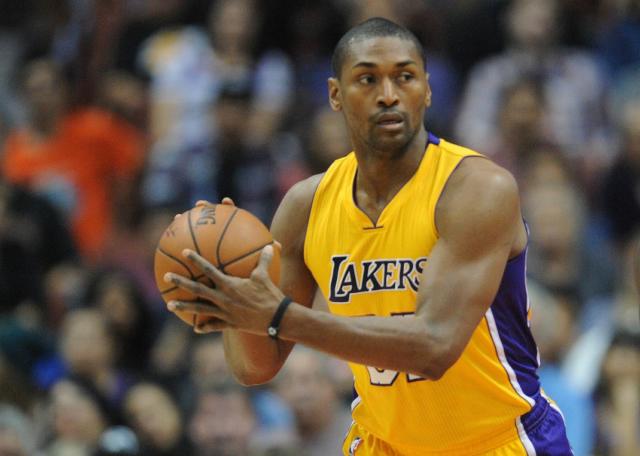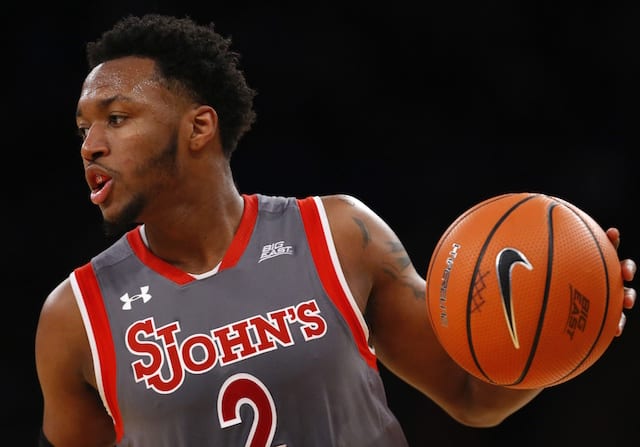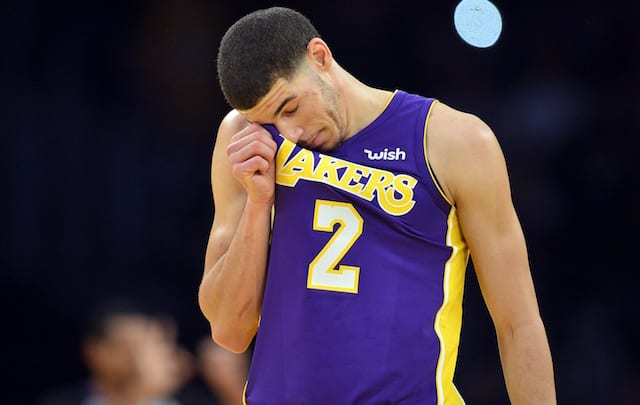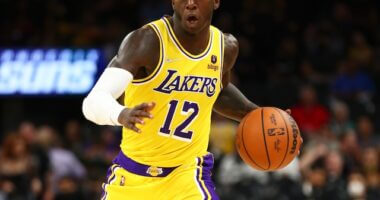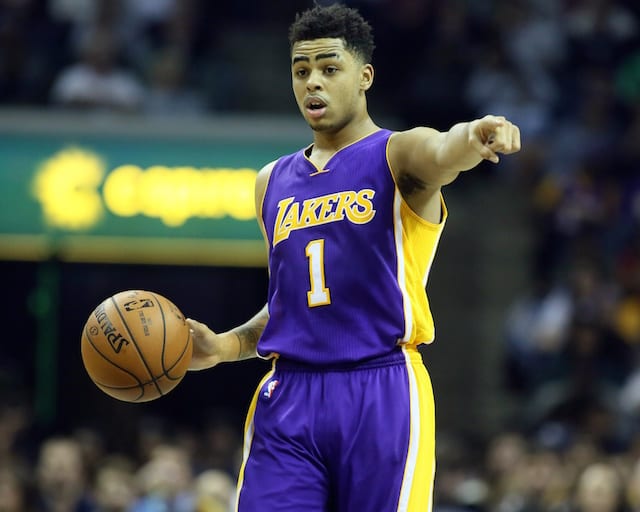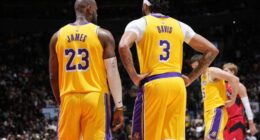Earlier this week, the United States Supreme Court overturned a federal law that prohibited sports gambling — allowing individual states to now legalize it at their own discretion.
The historic change of heart garnered the approval of many, including NBA commissioner Adam Silver.
In January, Silver outlined a path in which the NBA would support the legalization of sports betting. He additionally cited the potential increase in fan engagement, among other factors, as positives for legal wagering.
Despite the widespread support, former Los Angeles Lakers forward Metta World Peace is on the opposite side, and not in favor of legalized sports gambling.
He revealed that he was offered a $35,000 to fix games in college, and believes legalized betting could potentially lead to similar occurrences, via Yahoo! Sports:
“I see the issues with betting. I’ve been approached in college. I got approached a couple of times to throw games. The one interesting time they come to me in my neighborhood and say, ‘Hey, I got $35,000 for you.’ I’m like, ‘That’s cool, I’ll take $35,000.’ They say, ‘We need you to throw a game.’ That’s when I’m like, ‘You a—holes.’ But it crossed my mind — $35,000 just to throw a game? Not bad. But that’s the problem. When you don’t have money, they find these kids that ain’t got no money and they attack them. What if I was some kid that was a little scared? ‘OK, I’ll do it.’ That’s the problem I have with betting, because these guys that are betting, some of them are bullies and they’ll force a kid into a situation. And then, when the kid is trying to go to the NBA, they’ll hold it against the kid. They’ve got to have really harsh rules on people that’s using kids.”
World Peace, who enjoyed a three-year career at St. John’s, is adamant that there be serious repercussions for those that pressure college athletes to throw games.
In addition to the NBA, the NCAA has also announced that it will support the legalization of sports gambling. Many have opined that college athletes begin receiving salaries as a domino effect.
Hypothetically, this would help prevent the potential of fixing games at any level, whether collegiate or professional.
